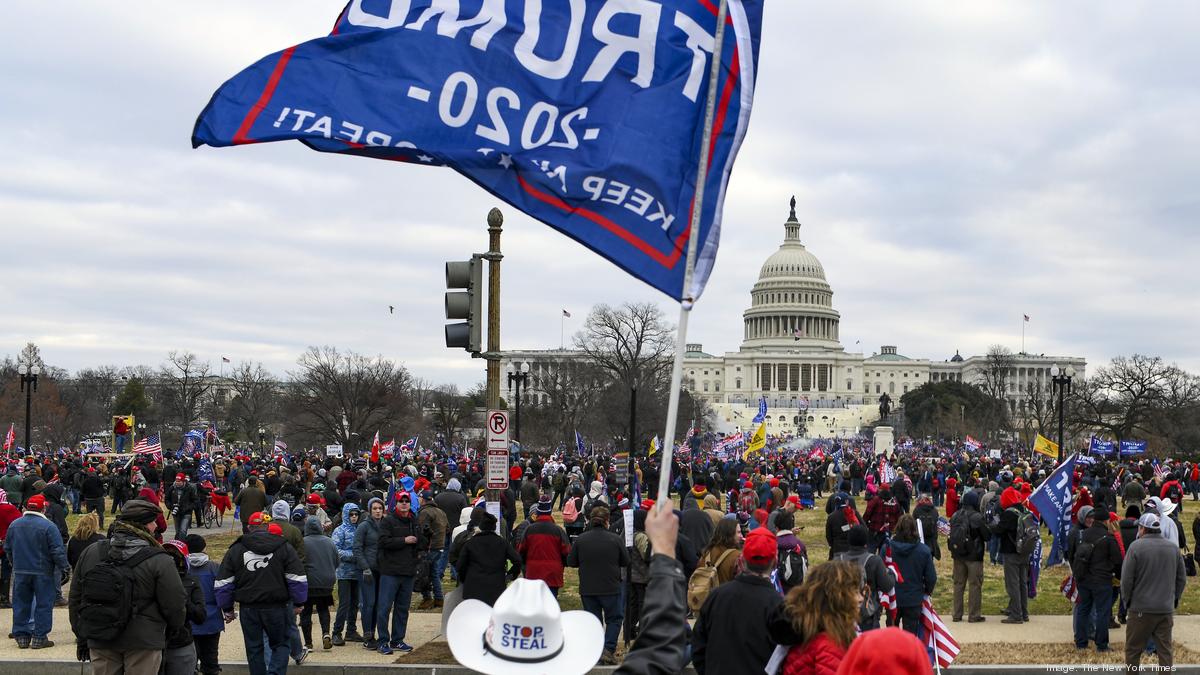

It would also be a very different public forum for ideas in America.Chick-fil-A is an American fast food brand beloved for its fried chicken sandwiches and milkshakes. How that might happen legally, I'll leave to the constitutional scholars, but it would be a very different Facebook in that case. We may well be headed to a world where Brandenburg is no longer the guiding case law around hate speech, and where Zuck can't even stand on legal principle when defending Facebook’s policy. Whether it be Scripture or constitutions, it's clear the interpreters of sacred documents take popular views into account, no matter how fundamentalist or originalist they claim to be.
#Twitter trump ban then enthuses about free#
By comparison, more than 70 percent of adults born in the 1930s think democracy is essential, and only 12 percent of adults 70 or over think free speech should be abridged to avoid offense, according to Pew Research and academic studies. Only a minority of US millennials think it “essential” to live in a democracy, and 40 percent support having the government limit speech that offends minorities. Ultimately this latest Facebook debate really comes down to how expansive a definition of hate speech we want as a society. Plus, one of the more seismic political shifts happening right now involves millennial views around democracy and free speech. Which is precisely the astonishing scene we witnessed last week-the admittedly megalomaniacal CEO of a half-trillion-dollar media behemoth defending free speech to a chorus of journalists who advocated censorship. Those adopting this line of reasoning, exempting corporations from our topmost civic value, are placing themselves in the absurd position of promoting absolute corporate authority against fundamental values they’d normally extol. Ditto the First Amendment: We want companies to embrace it too. We have extended the animating spirit of the Third and Fourth Amendments-respecting a person's property and privacy-more broadly, because it's a foundational value we want to see respected everywhere. How about I quarter troops from my private army in your house, and when you cite the Third Amendment, I'll reply with “well, they're not government troops,” and see how you feel about it?Ĭoncepts like “trespassing” and “privacy” are not mentioned in the Constitution and did not then exist in the form we know today. The lamest of counterarguments to Zuckerberg’s absolutist position is the drearily predictable one of “the First Amendment doesn't apply to companies.” It’s the nitpicky point of the eighth-grade know-it-all. Facebook is bending to local law even if it violates stronger American free-speech protections. In some European countries such as Germany, where Nazi speech is specifically banned, Facebook does indeed ban those pages and groups immediately and censor any such posts, with no discussion. It's worth mentioning that Facebook does subscribe to other ideas of hate speech, beyond American law. But should it limit odious views that don't result in “imminent” violence? There's no question Facebook would limit violent speech that fails the “imminent danger” test. Zuck, in refusing to boot the Holocaust deniers off of Facebook, is essentially following Brandenburg, which is the law of the land.

This is the real collision of views in the Facebook case. Implicit in this understanding is the idea that the mere uttering of such speech makes it censorable. The common definition nowadays is something along the lines of the following: speech that attacks a group based on ethnicity, race, gender, sexual orientation (and other protected categories), with no “imminent danger” test applied. That’s not what most people think about when they air grievances around hate speech.


 0 kommentar(er)
0 kommentar(er)
